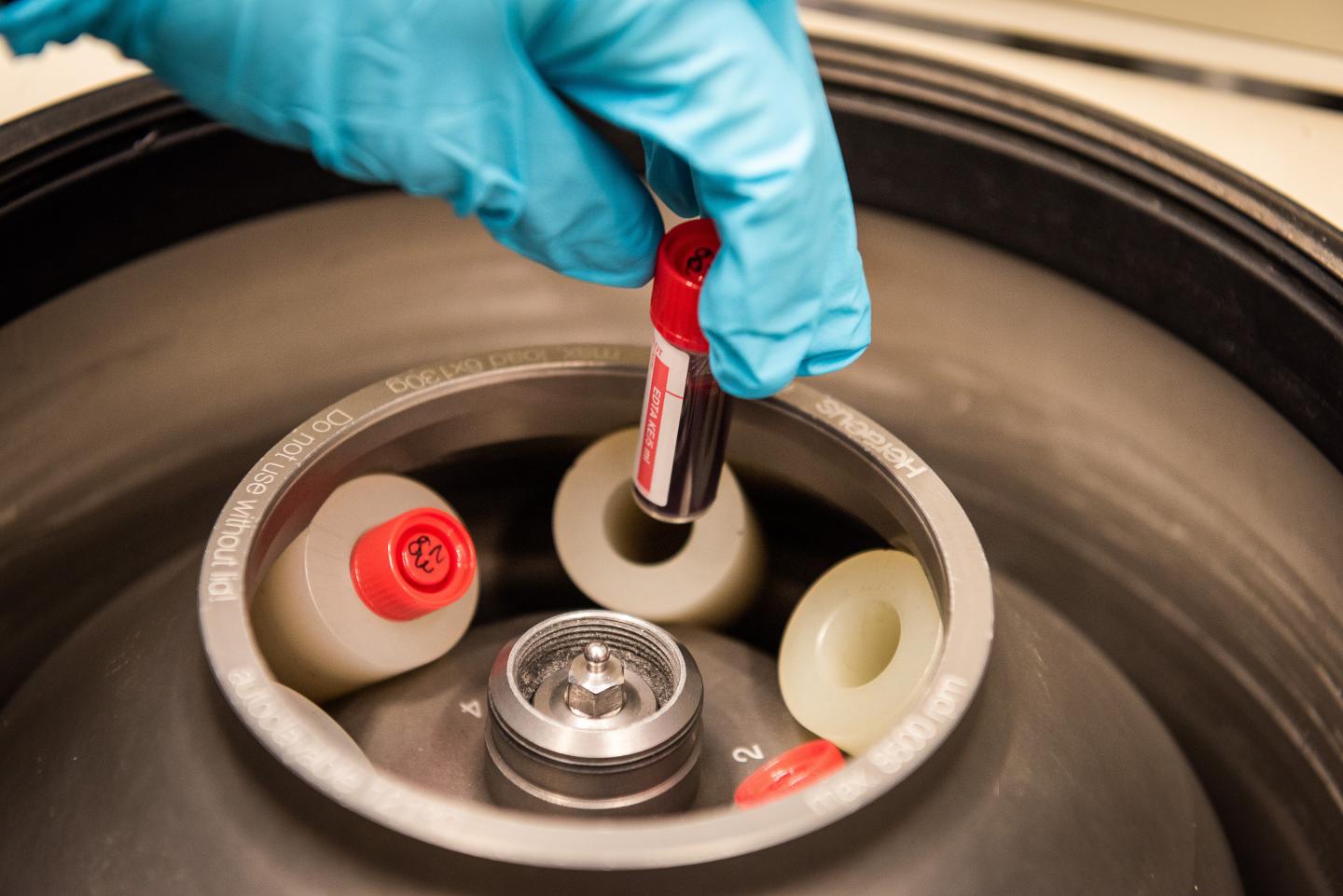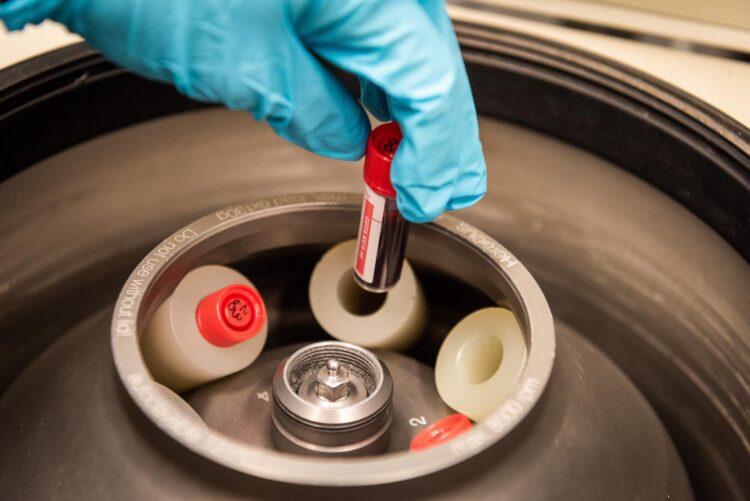
Credit: James Betts, the University of Bath
Consuming protein at night increases blood sugar level in the morning for healthy people, according to new research presented this week at The Physiological Society’s virtual early career conference called Future Physiology 2020.
Having high blood sugar levels after eating is linked to health problems, such as diabetes, heart disease and obesity. Previous research has shown that a snack a few hours before a meal can help control blood sugar levels, which may partly explain why the first thing we eat each day (i.e. breakfast) tends to increase blood sugars more than other later meals.
This study investigated whether waking-up at night to consume some protein might keep blood sugars lower the next morning. Surprisingly, the blood sugar response to breakfast was higher when participants had consumed protein rather than plain water at 4 am.
These unexpected findings may be informative for people trying to improve their control of blood sugar levels.
One explanation for the result is that the body does not expect or need much food to be consumed during the night and so the protein itself was turned into sugar. This may result in the body having more carbohydrate already available upon waking such that the energy in the breakfast can less easily be used or stored, so it builds-up more in the blood.
The researchers at the University of Bath studied fifteen healthy young men and women (8 females and 7 males). The participants were woken up at 4 am to drink 300 ml of a water solution, either with or without 63 grams of whey protein.
They then went back to sleep and at 9 am were provided with a standard amount of porridge for breakfast, with blood samples collected for 2 hours afterwards to check the blood glucose response.
The participants then returned to the lab to do the same again a week or so later, but were provided with the other drink at night (4 am) so that we could compare the glucose response to the same breakfast in the same person and see the effects of the night-time protein.
Eleanor Smith, who presented the work, said:
“Future research will look at whether this applies to older and overweight people who tend to have more problems controlling their blood sugar levels. It would also be interesting to know to what extent our findings are due to eating at an unusual time or the type of protein consumed.”
###
Media Contact
Julia Turan
[email protected]





